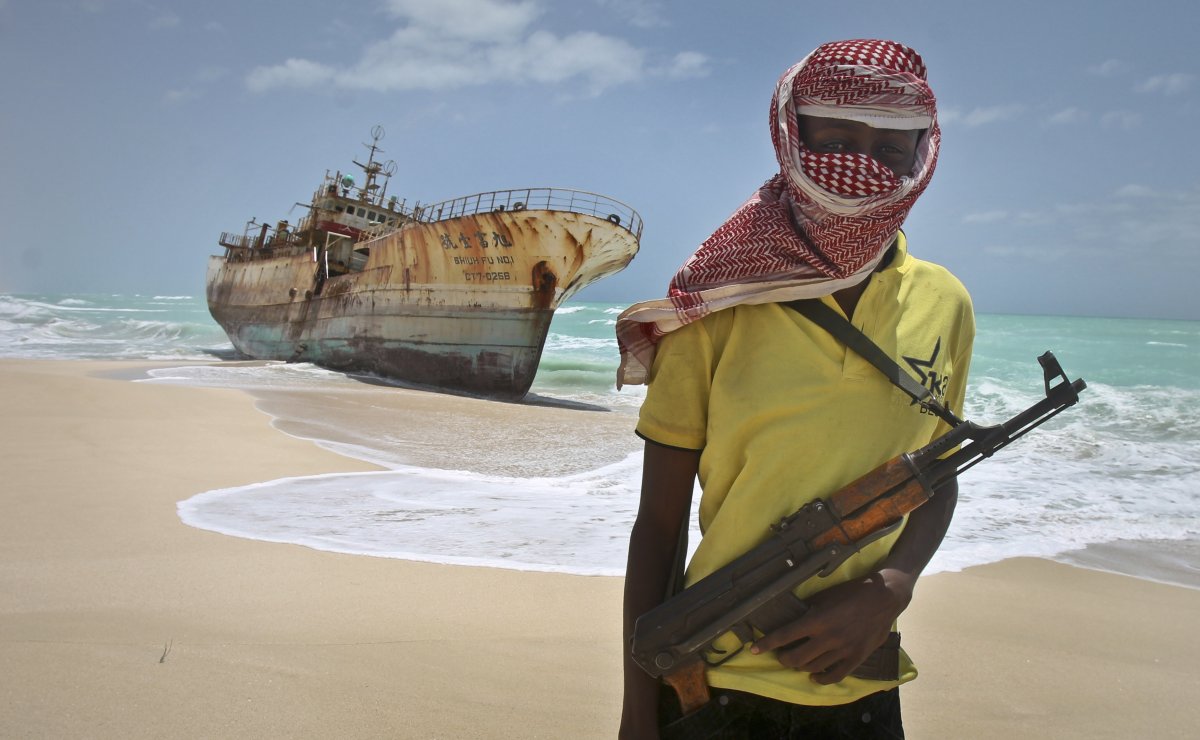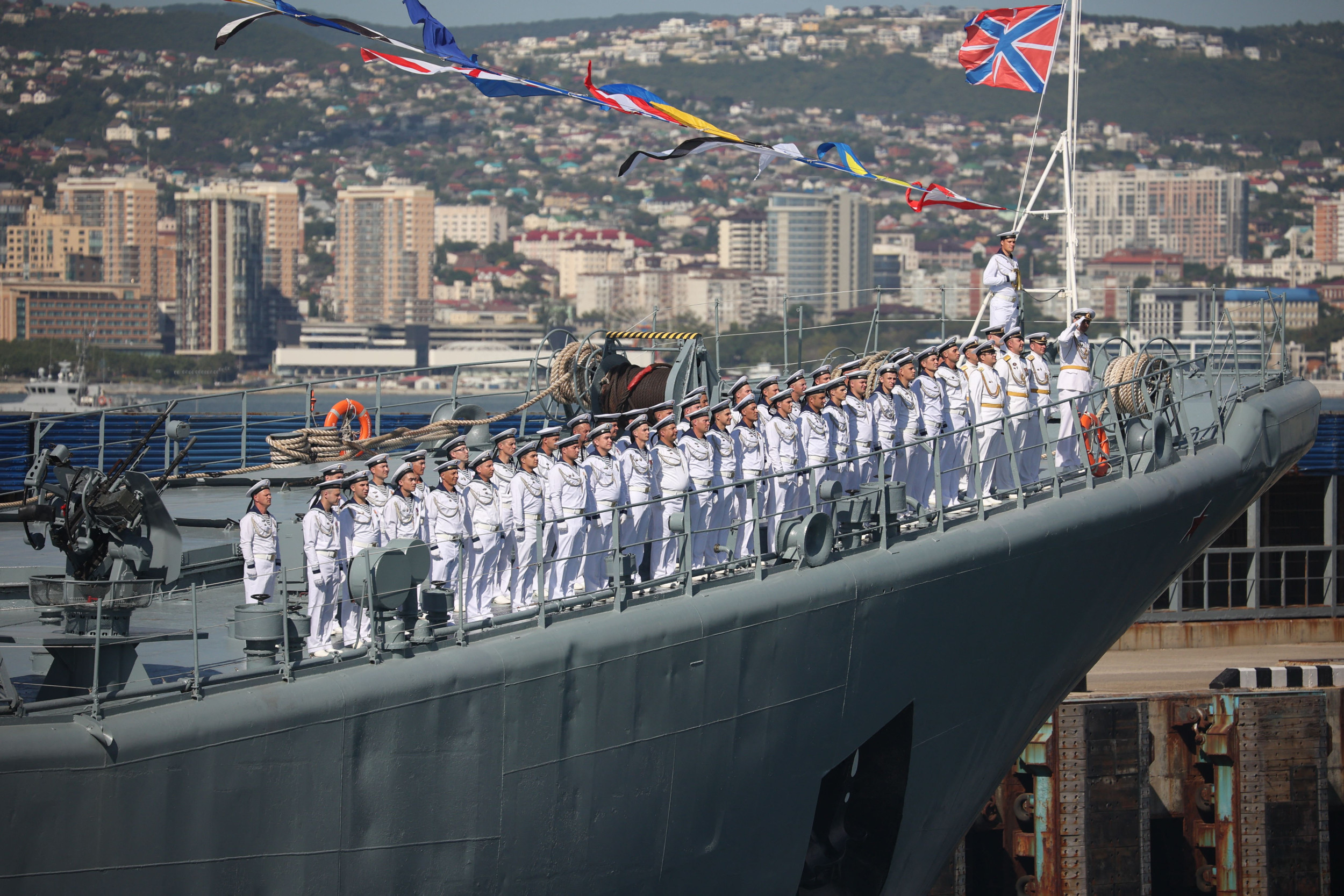A Minnesota resident turned Somali pirate has been sentenced to 30 years in prison by the Department of Justice in connection with the kidnapping of an American journalist.
Abdi Yusuf Hassan, a naturalized U.S. citizen originally from Somalia who had lived in Minneapolis, and Mohamed Tahlil Mohamed of Mogadishu, Somalia, were sentenced on Tuesday after being found guilty in 2023 of holding freelance journalist Michael Scott Moore hostage for 977 days.
The pirates kidnapped Moore in 2012, dragging him out of his car in Galkayo, Somalia, with the help of men carrying rifles, grenade launchers and other weapons, the DOJ said.
Moore was beaten and driven to a secluded area, where he was held with two fishermen from the Seychelles who had been kidnapped the year before, the department reported.

The kidnapping was a long, arduous ordeal for Moore, who was held first in the coastal city of Hobyo, moved to a hijacked boat and moved again to several safe houses, where he was chained up every night to prevent him from escaping.
Throughout Moore's yearslong captivity, the pirates demanded a ransom from the U.S. and forced Moore to film proof-of-life videos to obtain the money.
In 2014, Moore's family paid the $1.6 million ransom, which they had raised throughout his kidnapping, and the kidnappers released Moore, CBS reported.

Hassan and Mohamed were the focal points of the investigation into Moore's kidnapping, as Hassan was the leader of the pirates, using his own home as an operations base. Hassan was also in charge of extracting the ransom from Moore's mother, directing the ransom videos and negotiating the payments, the DOJ said.
Mohamed guarded Moore personally and acted as the head of security for the operation, training other guards and moving Moore across the various locations where he was held.
Moore wrote about his experience in his 2018 memoir, The Desert and the Sea: 977 Days Captive on the Somali Pirate Coast.
Somali piracy rose in prominence in the early 2000s, as gangs across the coast extracted $339 million to $413 million in stolen goods and ransom between 2005 and 2012, the BBC estimated. In 2013, Somali piracy received the Hollywood treatment, with Tom Hanks starring in Captain Phillips.

According to experts, piracy in the region is motivated by several factors, including drought, economic instability and governmental unrest.
Despite efforts from the U.S., European Union and NATO to patrol Somali shores and reduce piracy in the area, reporting from the International Crisis Group has shown that piracy appears to be rising in the region again, after a brief lull in the practice in 2020.
Omar Mahmood from the ICG reported that a combination of local frustration around overfishing and the government's failures to regulate the coast, as well as an international movement away from patrolling Somalia due to a new focus on Yemeni Houthis, has left the coast more vulnerable to piracy.
Do you have a story we should be covering? Do you have any questions about this article? Contact LiveNews@newsweek.com.




















 English (US) ·
English (US) ·